News
Honoring Heroes, A Memorial Day Prayer for All
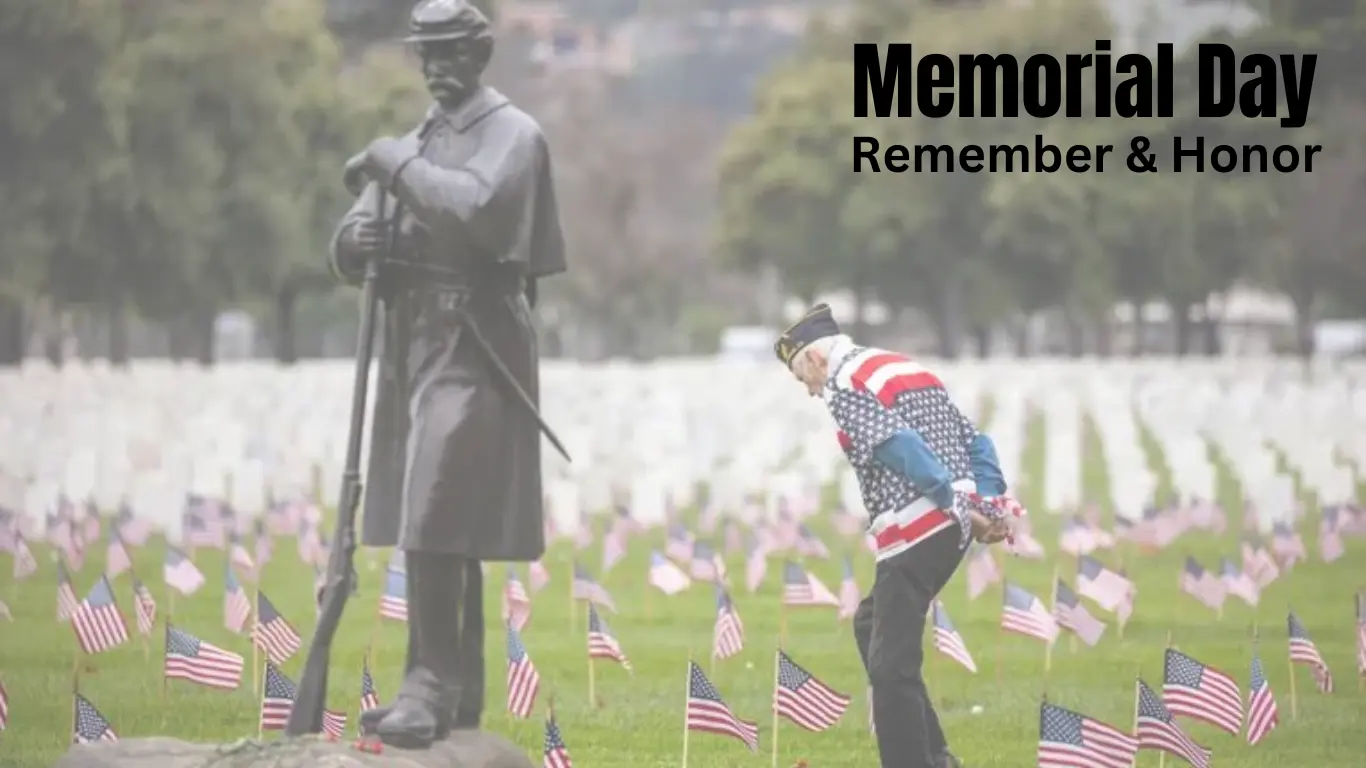
This commentary first appeared in the Kansas Reflector. By the Sunday before Memorial Day, my father had already placed flowers on the family graves. He called them decorations because, being a true Ozarker, he knew the holiday by its old name. The relatives resting in these grassy plots had been gone for years, or even decades, but they still lived on in his memory.
As a child, I was an unwilling participant in these annual rituals. There was little for me to do except find the shade of a nearby tree.
I would listen with bored disinterest as my father recited the names on the tombstones. I had known perhaps only one or two of them my grandmothers, for example.
The rest of the names were as distant to me as the sun overhead. My father was not a devout man or one for ceremonies. But Memorial Day was the holiday he observed with a rigor akin to a civil religion.
For Carl McCoy, the year began not with the lengthening days after the winter solstice, but with Memorial Day. The solemn remembrance of the dead typically concluded with a family meal, though seldom a picnic.
After this, the doors to summer were flung open, bringing long days, baitcaster fishing, and homegrown tomatoes by the Fourth of July.
His preparations for Decoration on Memorial Day were meticulous, almost obsessive. Perhaps this was because many men in our extended family had served in the military. Because he himself had been a sailor on the battleship Pennsylvania during World War II.
Or maybe it was simply a chance to remember all of our deceased relatives on Memorial Day. Whether they were veterans or not, in a way that didn’t require speaking formal words or entering a church.
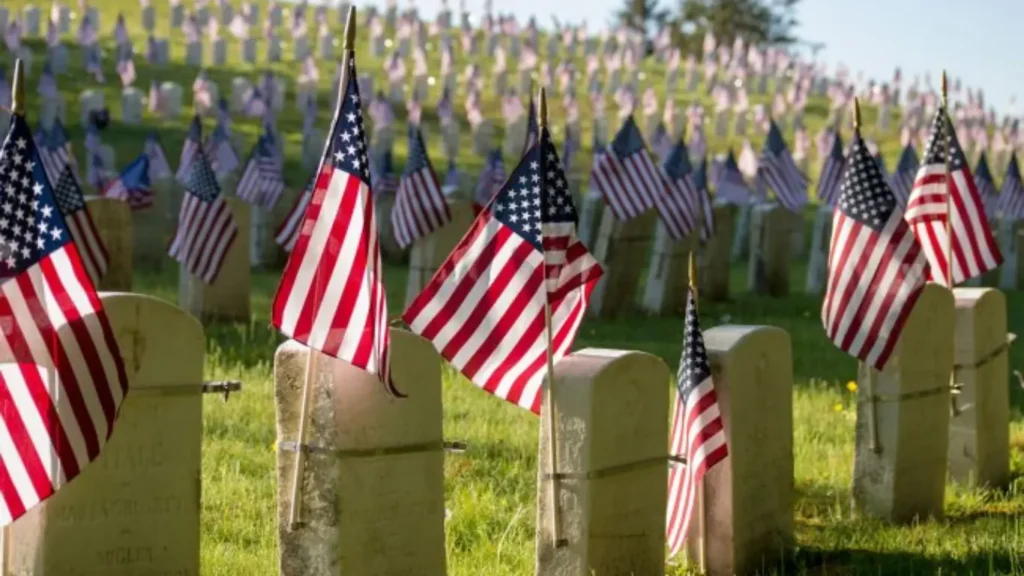
My father was an articulate man and a salesman with the gift of persuasion. But he was reserved about sharing his feelings and uncomfortable with traditional displays of piety or patriotism. He preferred to honor the dead in his own personal way.
First, there was the matter of finding the right container for the decorations.
Being a child of the Great Depression, my father lived by the principle of never wasting anything. So, he didn’t use store bought pots or vases. Instead, he saved up empty one pound coffee tins throughout the year. Then, he would spray paint them in either red or sometimes blue, repurposing them as containers for the flowers.
The flowers themselves weren’t purchased either. They came from our own yard or, with permission, from the yards and gardens of friends and neighbors.
I don’t remember my father having a preference for any specific type of flower. But peonies, hydrangeas, and asters were often included in the mix.
He would pour a little water from the tap into each coffee tin, then simply insert the cut flowers without much arrangement. Afterward, he would place the tins into cardboard pallets in the trunk of his bronze colored Thunderbird. Later, a blue Buick that I never much cared for. Both cars destined for the cemeteries in Joplin, Missouri, where he grew up and spent most of his life.
He would begin his journey at Osborne Memorial day Cemetery. Which situated on the southwest side of town, and conclude at Forest Park in the northeast.
Osborne Memorial day Cemetery constructed in the 1930s as part of the Works Progress Administration efforts. It spans across an area filled with trees and grass covered hills. Whcih enclosed by a native stone wall that separates it from an outer road.
Members from both sides of my family laid to rest there. Which including relatives from both Kansas and Missouri grandparents, cousins, aunts, and uncles.
Most of the graves of the men adorned with flags, signifying their status as veterans. My father would navigate from one cluster of graves to another, carrying his tin can decorations. By sharing anecdotes about the individuals buried there.
By the year 1986, my mother would also interred there, having succumbed to cancer. However, by that time, my parents already separated, and my father didn’t have much to say about her grave. Nonetheless, her resting place still received one of those painted cans as a tribute.
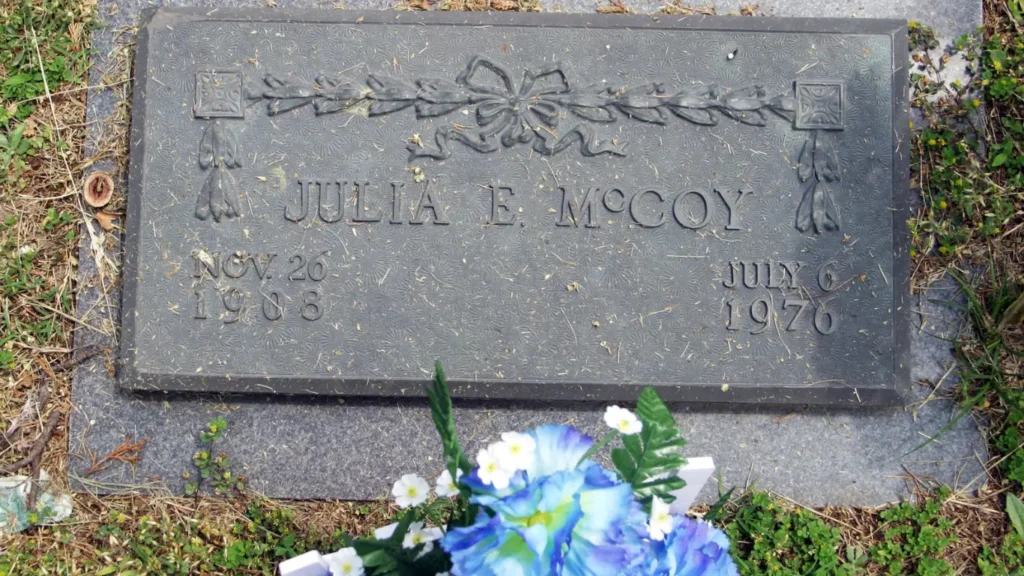
My mother endured significant suffering throughout her life, particularly in the weeks leading up to her passing. Her suffering seemed existential, a burden only eased by a morphine drip in her final moments. When she eventually passed away, it felt like a merciful release.
The primary cause of her suffering was breast cancer, but there were other factors contributing to her pain, known only to her. It was a mystery, compounded by what appeared to be a depression that haunted her for much of her 59 years.
When I was a child, death felt distant and abstract to me, much like the complex theories of quantum mechanics. Most of the names on the headstones were like codes to decipher, and the dates seemed impossibly far away.
However, the death of my mother changed everything. At the age of 28, death ceased to be a distant concept and became the abrupt conclusion to a life’s story a story that could end in either pain or peace. My mother’s death made me feel a deep sense of anger because it seemed like she had chosen her fate.
I consumed by anger that when I began writing novels. I often killed off characters who resembled her, attempting to unravel and understand her narrative. It was my way of grappling with the complexity of her life and death.
It would take me years to grasp that a life, especially my mother’s, couldn’t neatly categorized as simply happy or tragic. As time unfolded, I learned that joy and sorrow are universal experiences, touching us all at some point.
At Osborne, impromptu family reunions were common. Relatives we hadn’t seen in years, sometimes from cities hours or even days away, would gather with decorations in hand. Conversations at the graveside often drifted to reminiscing about the past, tinged with whispers of regret and occasionally resentment.
My father would reminisce about his childhood, recalling days spent wandering the surrounding hills barefoot, armed with nothing but a shell or two for his .22 rifle to hunt squirrels for supper.
Sometimes, he’d share anecdotes like the time his sister hid a Hershey bar and secretly nibbled on it at night. My father felt betrayed by her refusal to share, even though they were both children and she was two years younger. This sense of betrayal stayed with him throughout his life.
In another cemetery called Forest Park, there were family members from my dad side buried in the old section up north. Unlike Osborne, this place wasn’t wide open but somewhat wooded, with graves dating back to at least the 1870s.
Whenever we visited, my dad always brought clippers and other tools to keep the weeds and vines from taking over the graves of my grandfather and others. But he never touched the wild strawberries growing on the grave of a former Confederate soldier named Sgt. William J. Leffew. He was a cavalryman from Tennessee and had been a friend of the family in the late 1800s and early 1900s. It puzzled me because all the men in my dad’s family were Union veterans.
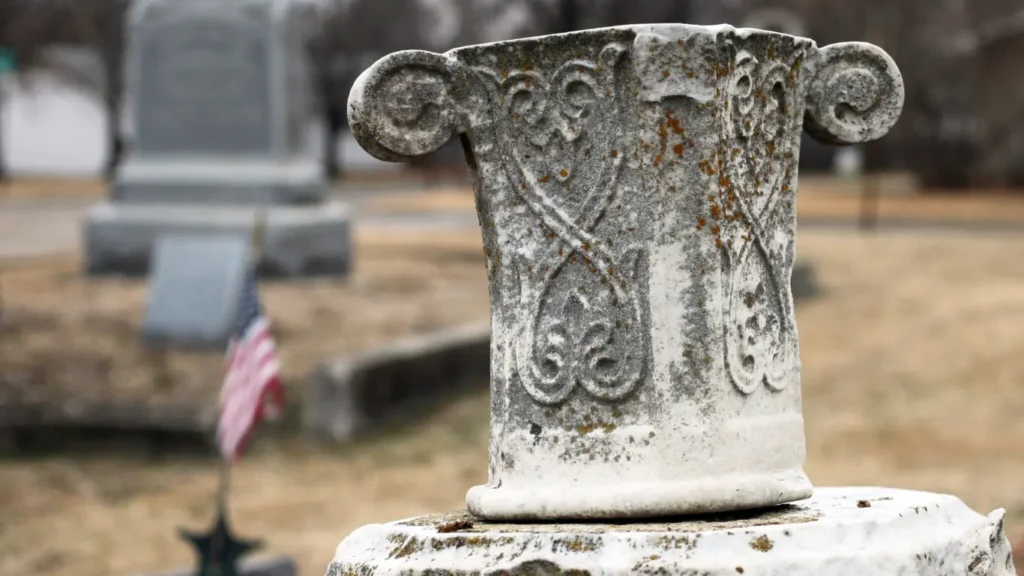
Then, in the summer of 1997, my dad joined those resting on the hills at Osborne Cemetery. On Memorial Day, a little American flag would placed on his grave, just like the ones on the graves of other veterans.
The aneurysm hit suddenly, starting with an unbearable headache that made him lose his vision. Despite that, he managed to instruct his neighbors to call me before he lost consciousness. When I got to the hospital, just over an hour later, he was already unconscious, and the doctors couldn’t offer much hope.
It was clear that he wouldn’t make it. His feet stuck out from under the hospital blanket, and I couldn’t help but notice how youthful they seemed for a 73 year old man.
Suddenly, death didn’t feel distant or theoretical anymore. It felt like a part of life’s ongoing story, rather than just an ending. But I couldn’t tell if there was any deeper meaning to it all, or if it was just the stark reality of life birth here, death there. If you happen to share time with the deceased, you bound to feel a sense of loss.
Phil was both a fellow writer and journalist, someone who valued freedom of thought and wasn’t afraid to challenge ideas, even if it meant being a bit of a nuisance sometimes. Despite that, he was always there to support others.
We shared so many interests from books and photography to science, philosophy, and even scuba diving that it felt like we had known each other forever. Phil was the one who pointed out that I was in love with my wife, Kim, long before I realized it myself, and he even provided the champagne for our wedding.
For five years, Phil was my closest friend. You might have read about him in my piece for the Kansas Reflector back in 2021.
Then, in the fall of 2011, Phil had to cancel plans to attend a writing conference with me because of a stomachache. He brushed it off as just a touch of the stomach flu. But it turned out to be colon cancer, and within three months, he gone.
Civil War & Memorable Day:
This Monday marks the end of a long weekend dedicated to honoring our fallen soldiers. This tradition began during the Civil War and continues as a national day of remembrance for all the men and women who have died while serving our country in various conflicts. We don’t need to create heroic stories or pass judgment on the wars they fought in to pay tribute to them.
It reminds me of Tennyson’s famous poem, Charge of the Light Brigade. Which praised the bravery of soldiers in the Crimean War. Even though they tragically lost due to a mistake in leadership.
The staggering loss of life during the Civil War, where over 600,000 soldiers perished, changed how Americans viewed death. This is why embalming became common practice, starting with the death of Colonel Elmer Ellsworth in May 1861.
Ellsworth, a friend of Abraham Lincoln, killed while removing a rebel flag from a rooftop in Alexandria, Virginia, to prevent it from seen from the White House. His body embalmed and displayed for several days at the White House before taken to New York, where thousands paid their respects.
After the Civil War, communities in both the North and the South started honoring their fallen soldiers with local tributes. These events became regular occurrences, especially in the springtime. From 1868 to 1970, Memorial Day always observed on May 30th. Then, in 1971, it became a federal holiday, celebrated on the last Monday in May.
The Civil War not only influenced how we conduct funerals today but also led to a rise in spiritualism after the war. Many families, having experienced loss firsthand, turned to seances in the hopes of communicating with their departed loved ones.
As for the question of an afterlife, it remains a mystery. Shakespeare referred to death as a secret house beyond our earthly understanding. Whether we’ll discover the truth when we pass away or if it will forever remain unknown is uncertain. Our cemeteries and monuments aren’t just symbols of glory they’re also reminders of the mysteries of life and death, etched in stone.
During this Memorial Day weekend, take a moment to honor those who have passed away. But don’t forget to also cherish the living. Share in their happiness and their pain. Be courageous enough to love, even if it means risking heartache.
Consider things greater than yourself. And as a gesture of respect to the power and mystery of our shared national memory, offer a simple act of civic prayer, like placing borrowed flowers in a painted coffee can.
-

 Soccer6 months ago
Soccer6 months agoDutch Fans in Blackface to Imitate Ruud Gullit, One Agrees to Stop
-

 Soccer6 months ago
Soccer6 months agoEx Glamour Model Says Party with England Team Before Euros
-

 News8 months ago
News8 months agoDubai Flood, Rain Turns Desert to Aquarium🌧️🐠
-

 Soccer6 months ago
Soccer6 months agoArgentina vs Peru 2-0 Highlights & All Goals Copa America 2024
-
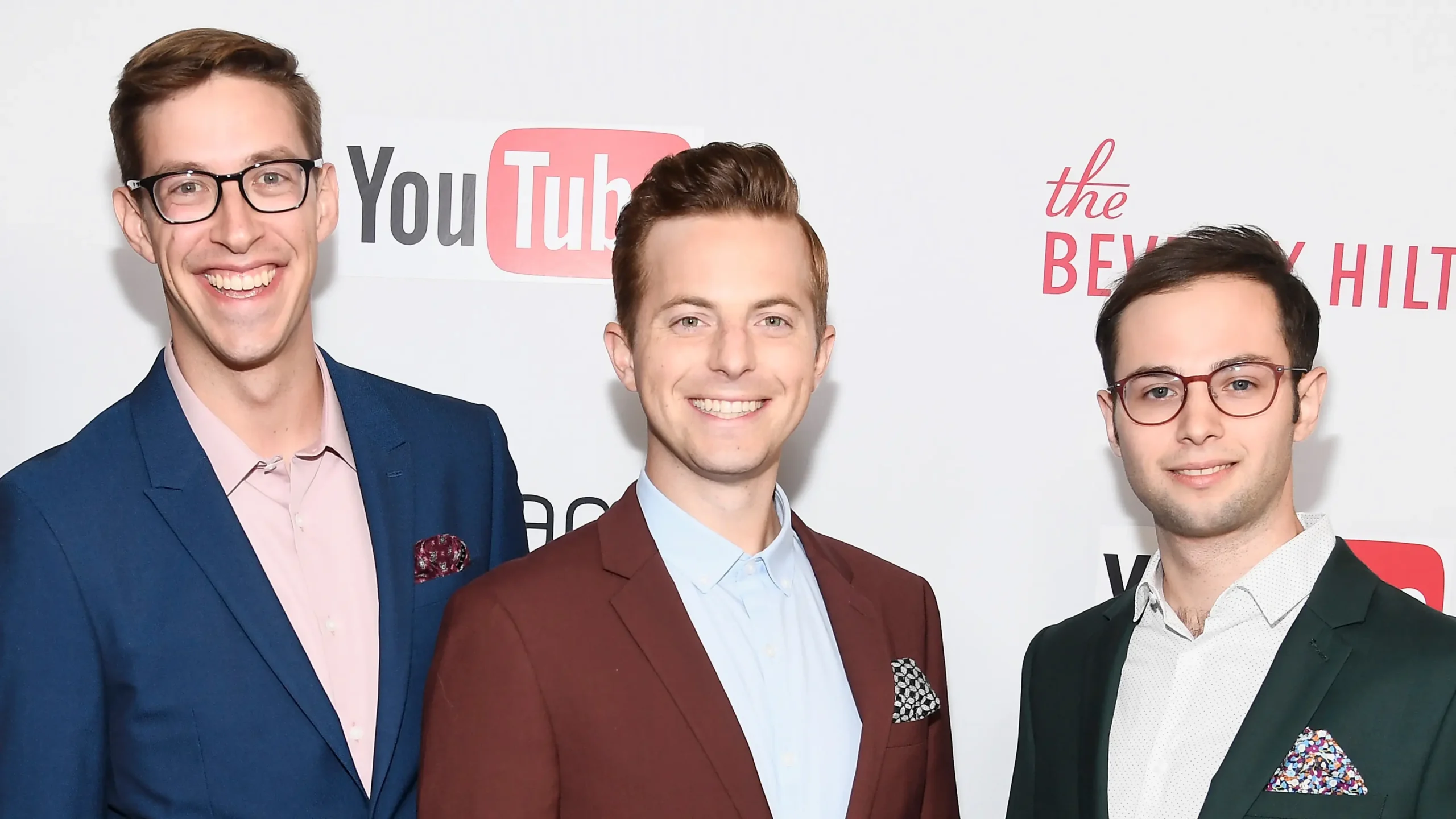
 Entertainment7 months ago
Entertainment7 months agoThe Try Guys’ Journey From Four to Two
-
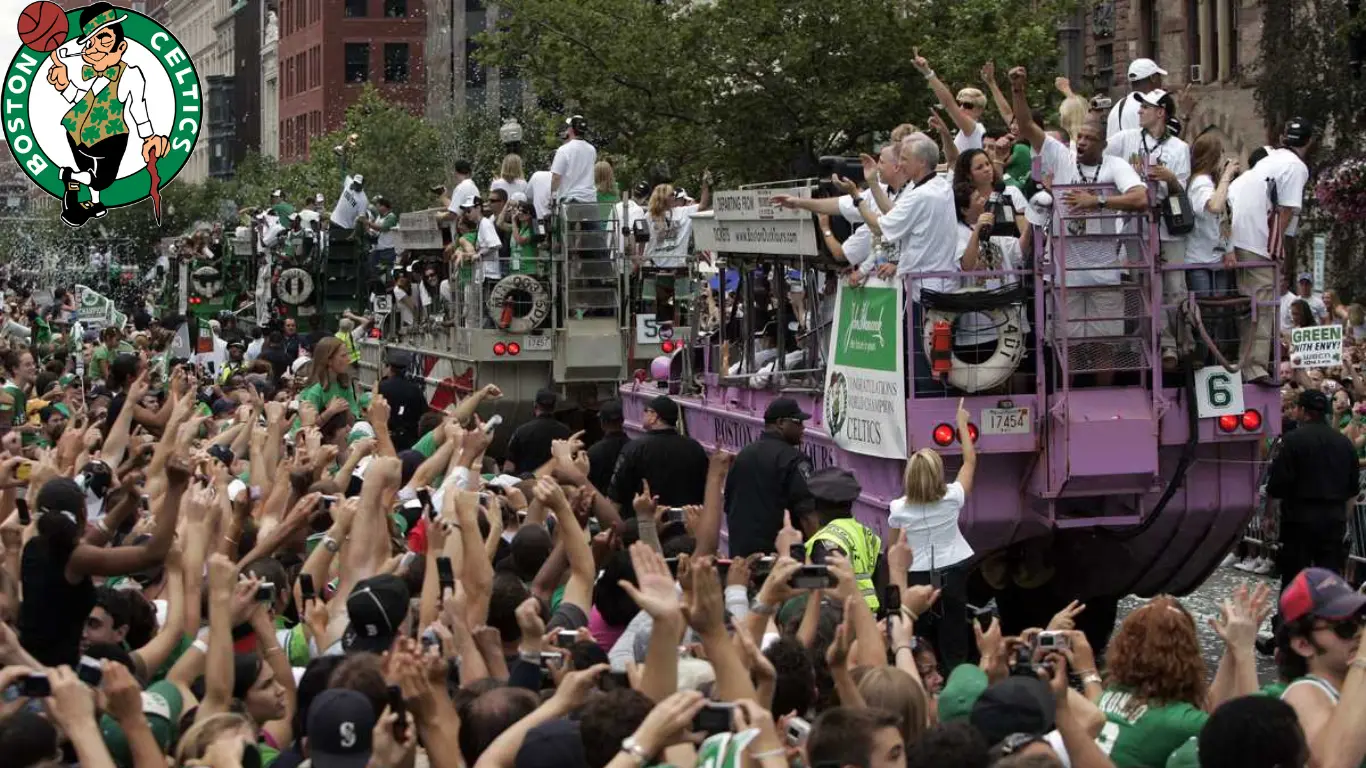
 NBA6 months ago
NBA6 months agoCelebrate with the Boston Celtics: Parade and Traffic Updates
-

 Soccer6 months ago
Soccer6 months agoUEFA EURO 2024: Essential Guide and Key Information
-

 Soccer6 months ago
Soccer6 months agoVinicius Jr Scores Two Goals in Brazil’s Win Vs Paraguay in Copa America 2024




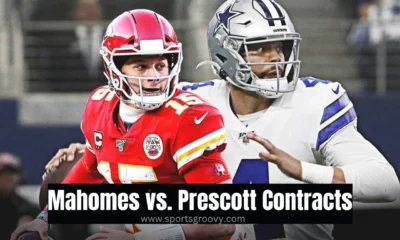









Pingback: 'A Tragic Mistake' Israeli Airstrike Kills Dozens In Rafah - Sports Groovy